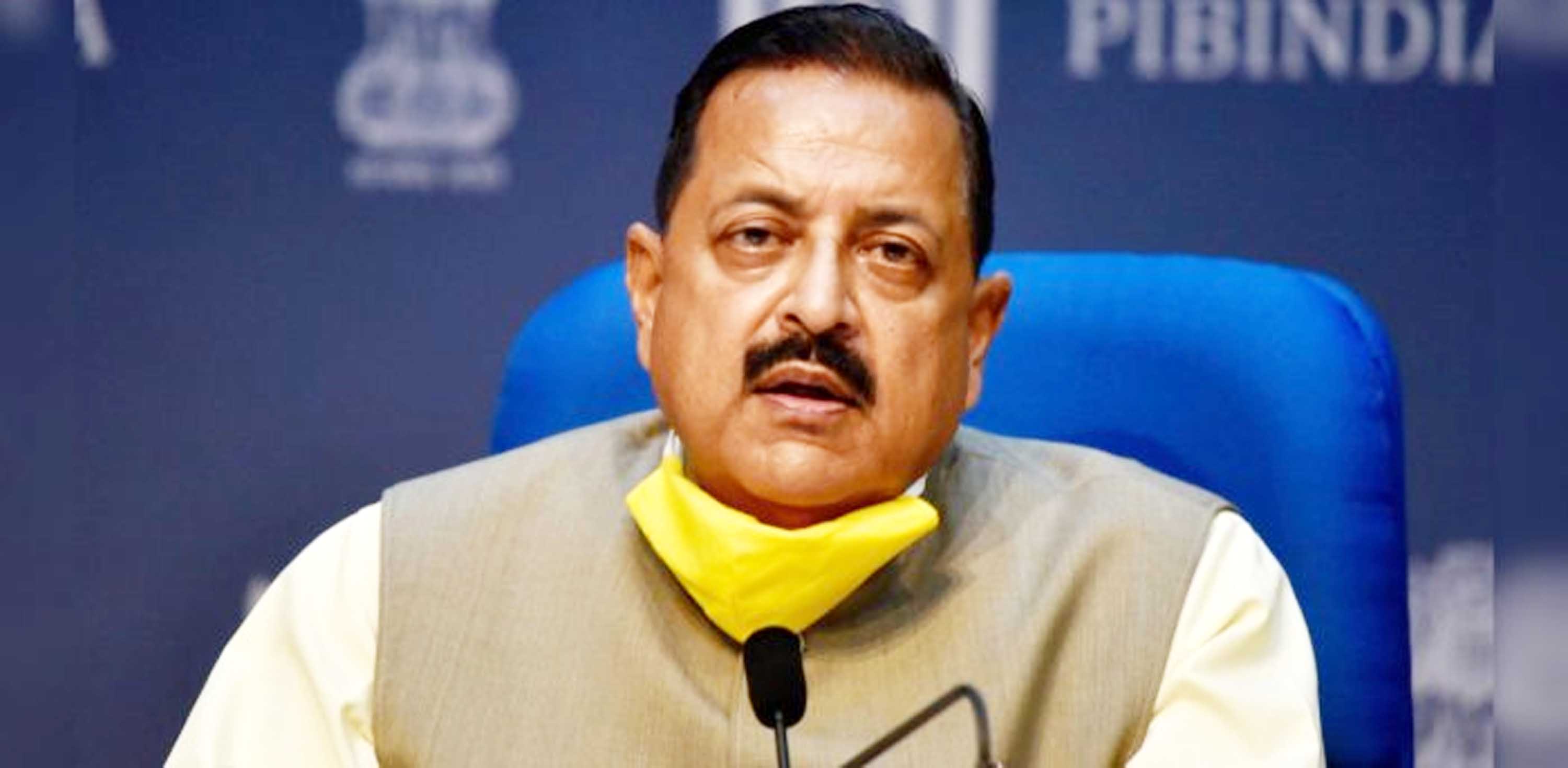Dr Jitendra, Farooq among 5 MPs from J&K invited
Excelsior Correspondent
JAMMU, Feb 7: The Delimitation Commission for Jammu and Kashmir has convened first meeting with Associate Members at its office in New Delhi on February 18 to discuss delimitation of Assembly constituencies in the Union Territory.
Official sources told the Excelsior that Justice (Retired) Ranjana Prakash Desai, chairperson of the Delimitation Commission, has called meeting of the members at Hotel Ashoka, where it has set up its office, in New Delhi, at 11.30 am on February 18.
Besides Justice Desai, a retired Judge of Supreme Court, the Delimitation Commission members include Sushil Chandra, Election Commissioner and KK Sharma, State Election Commissioner (SEC) Jammu and Kashmir. The Associate Members, who have been invited for the meeting, are Union Minister of State in the Prime Minister’s Office (PMO) Dr Jitendra Singh, Dr Farooq Abdullah, Jugal Kishore Sharma, Mohammad Akbar Lone and Hasnain Masoodi, all Lok Sabha members from Jammu and Kashmir.
When three National Conference MPs were nominated as Associate Members of the Delimitation Commission, the party had announced that it will dissociate itself from the Commission.
Significantly, the Delimitation Commission meeting comes just days ahead of the end of one-year term of its chairperson.
The Commission was constituted by the Union Ministry for Law and Justice on March 6, 2020. The Ministry had mentioned that term of the chairperson of the Commission will be for a period of one year, which will expire on March 5, 2021.
However, this is first meeting of the Delimitation Commission with Associate Members.
The Commission hasn’t visited Jammu and Kashmir so far.
The Commission was mandated to delimit the constituencies of the Union Territory in accordance with the provisions of Part V of Jammu and Kashmir Reorganization Act, 2019 and Delimitation Act, 2002.
While splitting Jammu and Kashmir into two Union Territories through the Reorganization Act, the Union Home Ministry had increased Assembly seats of Jammu and Kashmir by seven taking total seats to 114-24 of which are reserved for Pakistan occupied Kashmir (PoK) while election will be held for 90 seats.
Erstwhile State of Jammu and Kashmir had 111 seats including 24 reserved for PoK while elections were held for 87 seats. With creation of Ladakh as Union Territory, four seats of the region were reduced and the Assembly was left with 83 seats. However, with increase of seven seats, J&K UT will have an Assembly of 90 seats. Two Women MLAs will be nominated to the House, which was the position earlier also.
In the previous Assembly, Kashmir had 46 seats, Jammu 37 and Ladakh four.
Delimitation of the Assembly constituencies was last held in 1994-95 during the President’s Rule when seats of the erstwhile State Assembly were raised from 76 to 87. Jammu region’s seats were increased from 32 to 37, Kashmir’s from 42 to 46 and Ladakh’s two to four. However, the delimitation was freezed in 2002 by the then National Conference Government headed by Dr Farooq Abdullah in lines with the decision taken by then Central Government headed by Atal Bihari Vajpayee.
Elections to the Legislative Assembly will be held only after delimitation of Assembly constituencies is completed.
The delimitation of Assembly seats has become necessity as it would be treated as new Assembly altogether with reservation for Scheduled Castes and Scheduled Tribes. The Scheduled Castes enjoyed reservations in the previous State Assembly also where seven constituencies were reserved for them including Chhamb, Domana, RS Pura, Samba, Hiranagar, Chenani and Ramban, all in Jammu region, while STs had been denied political reservations.
“The STs will get political reservations for the first time in the history of Jammu and Kashmir,” sources pointed out.
It may be mentioned here that seats reserved for SCs had to be rotated after every two terms but in the erstwhile J&K State Assembly, four elections were held on the same reserved seats without rotating them. The Delimitation Commission could now reserve seats in different areas for the SCs, they said.


